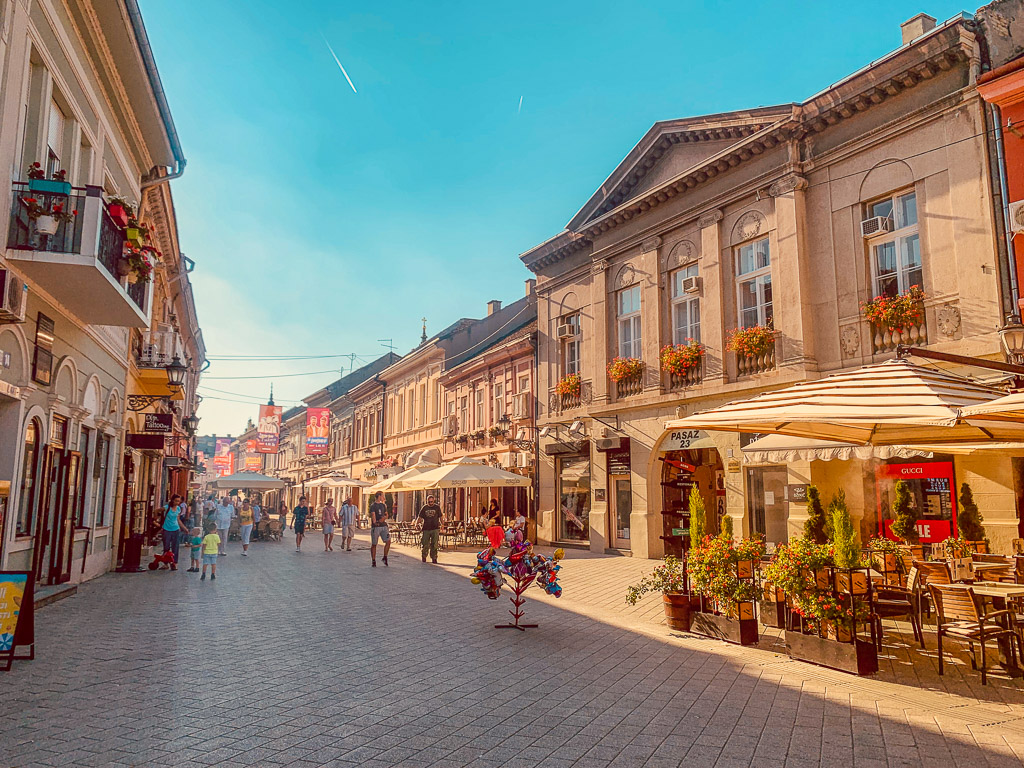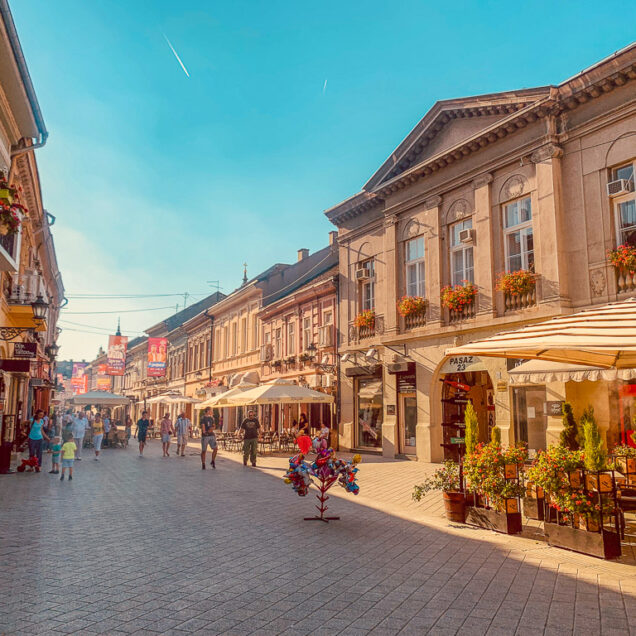

Travel on a Serbia adventure tour through lush green scenery surrounded by mountains to the cultural centre, Novi Sad, overlooked by the magnificent Petrovaradin fortress and known for its international music festivals, such as the International Street Musicians’ Festival. Visit the capital, Belgrade, located at the crossing point of the Sava and Danube rivers during your Serbia adventure tour, where you will have plenty of time to explore. In the course of its long history, Belgrade has been captured 60 times, burned down around 40 times, and has risen phoenix-like from the ashes every time. The city offers excellent shopping opportunities, from luxurious upscale boutiques through to an enormous bazaar. In Belgrade you can also visit the House of Flowers Museum. This is the resting place for former President of Socialist Federal Republic of Yugoslavia, Marshal Josip Broz Tito; who’s name you will hear many times on a Serbia adventure tour.

Located on a major route between Turkey in the Middle East and Europe, Serbia (Srbija) has a long and complex history spanning thousands of years and countless foreign invasions. The Illyrians were supplanted by the Celts in 4th century BC, followed by the arrival of the Romans a century later, then the Slavs occupied much of the Balkan Peninsula in the 6th century AD. The Serbian Kingdom achieved a short lived independence from Byzantium in 1217 but the Turks arrived in the 14th century and settled for the next 500 years. The Ottoman Empire began to decay in the 19th century and the Serbian Kingdom joined Greece, Bulgaria and Montenegro in attempting to repel the Turks from Macedonia in the First Balkan War of 1912. Macedonia was divided up among the victors but the former allies began quarrelling over the territory resulting in the Second Balkan War of 1913, after which Serbia gained some of north and central Macedonia and the Kosovo region, while Albania became an independent state. After the assassination of Austrian Archduke Francis Ferdinand in 1914 by a Serb nationalist in Sarajevo, Serbia was invaded and World War I began. In 1918 Croatia and Slovenia joined the Kingdom of Serbs, Croats and Slovenes and the group of nations was renamed Yugoslavia in 1929.
In 1941 Yugoslavia joined the fascists but the people overthrew the leaders in a military coup and the country abruptly withdrew from the alliance. Hitler invaded, sliced up the country and handed parts to Germany, Italy, Hungary and Bulgaria. In 1945 the communist party came to power under Josip Broz Tito. The monarchy was abolished and and Yugoslavia became a federal republic, while Bosnia-Herzegovina, Montenegro and Macedonia were granted republic status. Tito broke with Stalin in 1948 and Yugoslavia became non-aligned.
Slobodan Milosevic became president in 1989 and revealed an ambition to reunite Yugoslavia with Croatia and Slovenia and under Milosevic’s leadership, Serbia led various military campaigns to unite ethnic Serbs in neighbouring republics into a “Greater Serbia.” In 1991, Croatia, Slovenia, and Macedonia declared independence, followed by Bosnia in 1992. The remaining republics of Serbia and Montenegro declared a new Federal Republic of Yugoslavia (FRY) which was ousted from the UN the same year. Bloody battles ensued against the Serb-controlled Yugoslav army before UN declared a cease fire. A Yugoslav-Croat peace treaty was signed in 1995 and Bosnia-Herzegovina was divided between Serbs and Croat-Muslims. After Milosovic revoked Albanian autonomy in Kosovo, the Albanian majority rebelled and the federal army responded brutally by killing hundreds of people in 1998, while thousands more were forced to flee as refugees. International arms embargos were implemented but to little avail and Belgrade was bombed by NATO in 1999 followed by the Serbs withdrawing from Kosovo that June. Over the next two years Milosevic attempted to hold onto power by holding democratic elections but manipulated the electoral process and in October 2000 mass protests and national strikes saw his presidency come to an end. Milosevic was arrested in 2001 and sent to be tried in The Hague for crimes against humanity but died in prison in 2006 before his trial ended. The Federal Republic of Yugoslavia was dissolved on 4 February 2003 and the state of Serbia and Montenegro was established. In 2006 Montenegro exercised its right to leave the union and become an independent state. Two days later Serbia declared itself a successor state and three months later had its own constitution. In 2008 Kosovo declared itself independent of Serbia but although Serbia was powerless to stop it, it does not acknowledge the succession.
Serbia is land locked bordering Hungary to the north, Romania to the northeast, Bulgaria to the southeast, Kosovo, Macedonia and Albania to the south, Montenegro to the southwest, Bosnia & Herzegovina to the west and Croatia to the northwest. Northern Serbia is dominated by the flat, fertile farmland of the Danube delta and Tisa valleys. The scenery varies from rich Alpine valleys, vast fertile plains and rolling green hills to bare, rocky gorges as much as 1,140 metres deep, thick forests and gaunt limestone mountain regions. Belgrade, the capital, lies at the confluence of the Danube and Sava rivers. Serbia has a mild continental climate with cold winters and warm summers. The best time to visit is from May to September.
Visit www.worldclimate.com to get an idea of what the weather will be like on your tour.
A valid passport is required for entry. Visas are currently not required for most nationalities. However visa regulations change frequently so it is important you consult with the embassy prior to travelling to ensure you have the correct visas. In some cases you will be crossing the borders on overnight trains and without the correct visa for your nationality you will not be allowed to enter the country and will be asked to leave the train. It is the responsibility of the traveller to obtain all correct visas needed prior to departure. Visa services like www.travcour.com can be very helpful.
Prices quoted in this country dossier are in euros or Serbian dinar, unless otherwise specified.
The monetary unit in Serbia is the Serbian dinar (RSD). For up to date exchange rates with your own currency visit www.oanda.com or www.xe.com.
Most major currencies can be exchanged at banks and bureaux de change but the euro is favoured and the pound sterling is rarely used. You should use official exchange services only. There are several money-exchange machines in Belgrade (as well as one at the airport), which accept pounds sterling, US dollars and euros, giving back Dinars. Scottish and Northern Irish pound sterling bank notes are not accepted.
The most widely accepted credit cards are Visa and Mastercard. Diners Club and American Express are not so widely accepted. ATMs are becoming more common in towns. Traveller’s cheques often prove to be a lot of hassle so an alternative should be used.
Traffic drives on the right. Driving at night is not advisable on minor roads in the countryside, owing to their poor condition. An efficient if somewhat aged bus service runs between major towns.
Public transport in Belgrade mainly consists of bus, tram and trolleybus. Tickets can be bought from street Kiosks and must be validated once on board. One of the most popular and reliable ways of getting around on your own is by taxi. Check that the meter is running or find out what the going rate for your journey is before you get in. Your tour leader will be able to provide advice on this in each city.
It is customary to give the waiter 10% on top of the bill if you are happy with the service. (If you are unsure your tour leader will advise a suitable amount). Tipping local guides at the end of excursions is always appreciated and your tour leader will advise you on the amount for this.
Generally people find Eastern Europe to be safe and feel confident wandering alone during the day. However if you are unfamiliar with an area it is recommended that you exercise more caution at night and taxi taxis rather than walk, especially if you are a lone female traveller. In some cities bag snatching can occur so always keep a firm hand/eye on your personal items. Petty theft is becoming increasingly common. If there is a safe available in your hotel it is recommended you use it.
Avoid taking pictures of military installations and of obvious bomb damage from 1999, as this may cause offence to locals. You try to avoid heated public gatherings, political rallies, protests and polling stations, and pay close attention to local media reports.
Unfortunately landmines and other unexploded artillery remain in Serbia. You should exercise caution especially when travelling within the Presevo and Bujanovac districts of South Serbia.
When visiting Serbia, you will need to register with the local police within 24 hours of arrival. If you are staying in a hotel or official tourist accommodation, you should be registered automatically but it is always best to check rather than risking a fine, detention or a court appearance. You should also carry your passport at all times for identification purposes. Keep it safely concealed in a pouch on the inside of your clothes.
Grilled meat dishes are especially popular. Most fish dishes are freshwater fish. Vegetarian choices are limited. Keep a look out for national specialities such as: pihtije (jellied pork or duck), cevapcici (charcoal-grilled minced meat), raznjici (skewered meat), sarma or japrak (vine or cabbage leaves stuffed with meat and rice) and pljeskavica (meat patties of pork, beef and lamb).
All drinks such as bottled water or soft drinks are at your own expense at all times and are fairly inexpensive. Alcoholic drinks vary in price, with wine and beer generally being the cheapest options. The legal drinking age is 18.
You can also try national drinks such as: slivovica (a potent plum brandy), rakija (spirit usually made from grapes), loza and maraskino (made of morello cherries), Wine: ljutomer, traminer, riesling and vugava and Turkish coffee (Turska kafa).
Strict vegetarians might struggle as chicken and fish are classed as vegetarian food and vegetable soups are likely to be flavoured with smoked ham.
220 volts / 50 Hz. European-style two-pin plugs are in use.
GMT/UTC +1. For other time differences please visit www.timeanddate.com
The Trans Mongolian Railway holds a certain mystique for adventure travellers. It’s one of the classic overland routes like the…
‘After you’ve finished we can take a pletna out to Bled Island.’ She said smiling. ‘There’s no rush is there?’…
When you think of Romania the first thing that comes to a lot of peoples’ minds is Transylvania and Dracula.…
We are passionate adventure travelers who want to share the world and our travel experiences with everyone…
This website uses cookies so that we can provide you with the best user experience possible. Cookie information is stored in your browser and performs functions such as recognising you when you return to our website and helping our team to understand which sections of the website you find most interesting and useful.
Strictly Necessary Cookie should be enabled at all times so that we can save your preferences for cookie settings.
If you disable this cookie, we will not be able to save your preferences. This means that every time you visit this website you will need to enable or disable cookies again.
